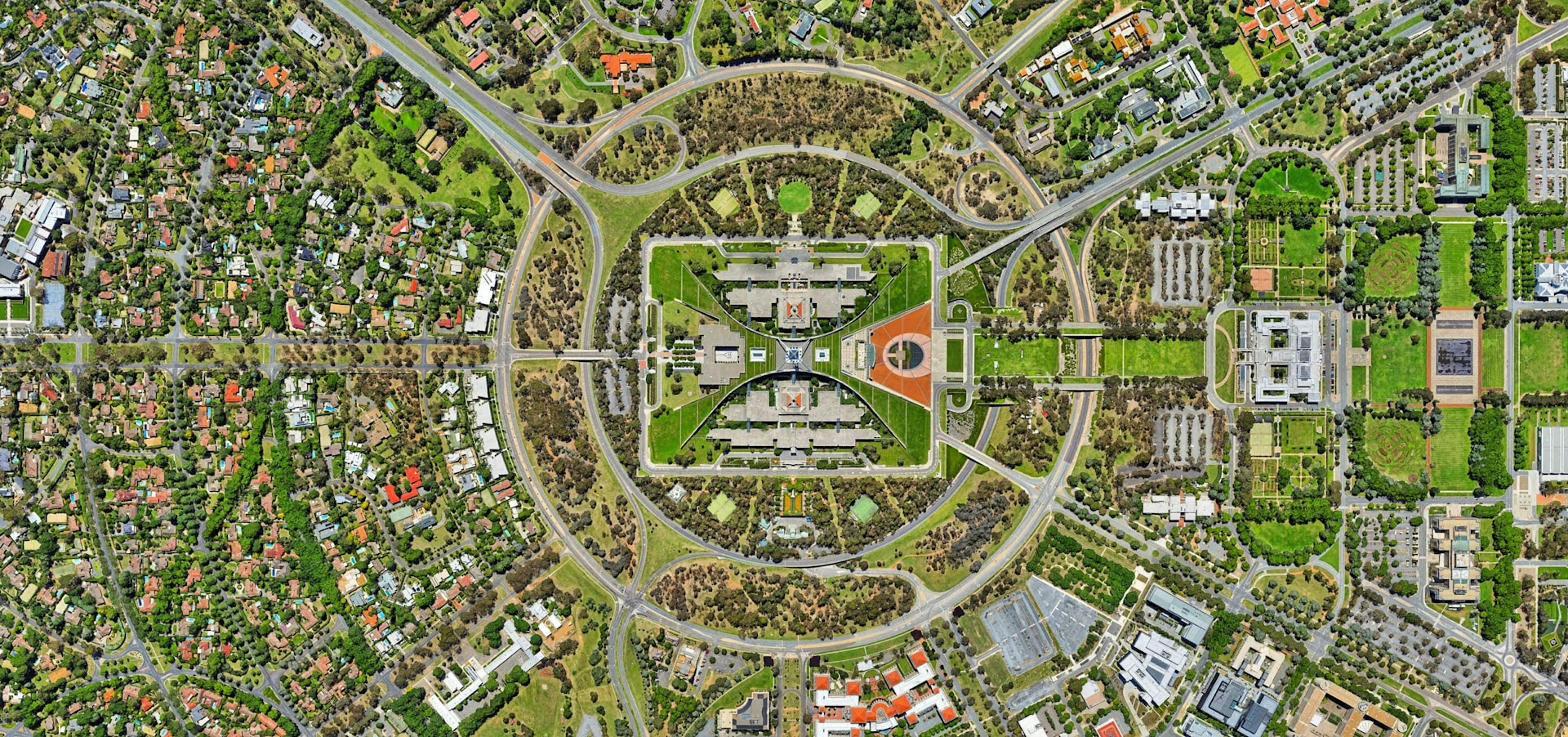
In today’s fast-paced world, managing your personal finance effectively is more important than ever. With rising living costs and economic uncertainties, having a solid savings strategy can make a significant difference in your financial health.
This blog post aims to provide you with practical and actionable budgeting tips to enhance your money management skills.
Whether you’re just starting or looking to refine your budgeting approach, this guide will equip you with the knowledge to achieve financial stability and growth.
Understanding the Importance of Budgeting
Budgeting is a fundamental aspect of personal finance, crucial for achieving long-term financial well-being. By creating a plan to allocate your income towards expenses, savings, and investments, you can make informed decisions that positively impact your financial health. Effective budgeting offers numerous benefits:
- Track Your Spending: Keep a close eye on where your money goes to avoid unnecessary debt.
- Live Within Your Means: Ensure that your spending does not exceed your income, promoting financial stability.
- Save for Future Goals: Allocate funds for significant milestones such as buying a home, traveling, or retirement.
- Enhance Financial Awareness: Gain a clear understanding of your financial health, helping you identify areas to cut back and save more.
- Achieve Financial Goals: Set and stick to clear financial goals, enabling you to build an emergency fund, pay off debt, or invest in your future.
Understanding the importance of various budgeting tips not only helps you manage your finances effectively but also empowers you to make strategic decisions that secure your financial future.
Setting Realistic Financial Goals
Setting realistic financial goals is the first step in effective budgeting, and it’s crucial to follow the SMART framework, specific, measurable, achievable, relevant, and time-bound. Defining clear objectives provides direction and motivation, whether these are short-term or long-term goals.
- Short-Term Goals: Typically achievable within a year, these may include saving for a vacation, building an emergency fund, or paying off a credit card.
- Long-Term Goals: These require consistent effort and discipline over several years and might involve saving for a down payment on a house, funding your children’s education, or planning for retirement.
Regularly reviewing your goals and tracking your progress is essential. Adjustments may be necessary based on changes in your income, expenses, or priorities. By setting and monitoring realistic financial goals, you can create a more secure and prosperous future.
Creating a Monthly Budget
Creating a monthly budget is a powerful tool for managing your finances effectively. By listing your income and expenses, you can ensure that you live within your means and save for future needs. Here are the essential steps:
- Calculate Your Total Monthly Income: Include all sources, such as salary, bonuses, and any other revenue streams.
- Categorize Your Expenses: Divide them into fixed expenses (rent, utilities, insurance) and variable expenses (groceries, entertainment, dining out). This distinction helps you understand where your money goes and identify areas for potential savings.
- Balance Income and Expenses: Ensure that your total expenses do not exceed your income. If they do, look for ways to reduce discretionary spending or increase your income.
By following these steps, you can create a sustainable financial plan that promotes fiscal responsibility and long-term savings.
Implementing Savings Strategies
Saving money is a crucial aspect of effective budgeting, providing a financial cushion for unexpected expenses and helping you reach your long-term goals. Implementing strategic savings methods can significantly enhance your financial stability. Here are some key strategies:
- Emergency Fund: Aim to build an emergency fund that covers 3-6 months of living expenses. This fund acts as a safety net during unexpected events such as job loss or medical emergencies.
- Automated Savings: Set up automated transfers to your savings account. This approach ensures you consistently save a portion of your income without having to think about it.
- Cutting Unnecessary Expenses: Review your spending habits and identify areas where you can cut back. Small adjustments, such as reducing dining out or canceling unused subscriptions, can add up to significant savings over time.
By incorporating these strategies, you can create a robust financial plan that not only addresses unforeseen costs but also propels you toward achieving your financial aspirations.
Utilizing Budgeting Tools and Apps
In today’s digital age, managing your finances has become more accessible and efficient, thanks to a variety of budgeting tools and apps as a savings strategy. Utilizing these resources can significantly enhance your ability to track spending, set financial goals, and maintain control over your finances. Here are some effective options to consider:
- Budgeting Apps: Popular choices like Mint, YNAB (You Need A Budget), and PocketGuard offer comprehensive features to manage your finances. These apps sync with your bank accounts, categorize expenses, and provide valuable insights into your spending habits.
- Spreadsheets: For those who prefer a more hands-on approach, creating a budgeting spreadsheet using software like Excel or Google Sheets is an excellent option. These can be customized to suit your individual needs and updated regularly to reflect your financial activities.
- Financial Advisors: Consulting with a financial advisor, such as those at RFL Wealth Management, can provide personalized advice and guidance. An advisor can help you develop a budget tailored to your unique financial situation and long-term goals.
By leveraging these tools and resources, you can take a proactive approach to managing your finances and achieve greater financial stability.
Monitoring and Adjusting Your Budget
Monitoring and adjusting your budget is essential for maintaining financial health and achieving your goals. Budgeting is not a one-time task but an ongoing process that involves regular reviews and updates. Here are three key elements to keep in mind:
- Monthly Reviews: At the end of each month, compare your actual spending to your budgeted amounts. Identify any discrepancies and make necessary adjustments.
- Adjusting for Changes: Life circumstances change, and so should your budget. If you receive a raise, lose a job, or face unexpected expenses, update your budget accordingly.
- Staying Committed: Budgeting requires discipline and commitment. Stay focused on your goals and remind yourself of the benefits of effective money management.
By consistently monitoring and adjusting your budget, you ensure that it remains relevant and effective in helping you achieve your financial aspirations.
Conclusion
Effective budgeting is a powerful tool for managing your personal finance and achieving financial stability. By understanding the importance of budgeting, setting realistic goals, creating a monthly budget, implementing a savings strategy, utilizing budgeting tools, and regularly monitoring your progress, you can take control of your financial future.
Remember, the key to successful budgeting is consistency and adaptability. Start your budgeting journey today and experience the peace of mind that comes with financial security.
For personalized advice and expert guidance, consider reaching out to industry experts. A team of professionals is dedicated to helping you achieve your financial goals through effective budgeting and money management strategies.



















































